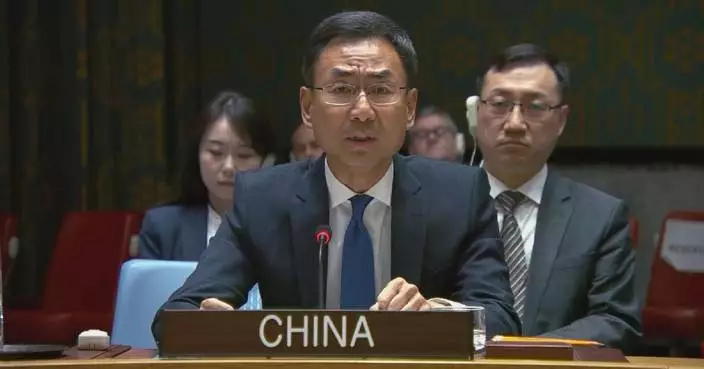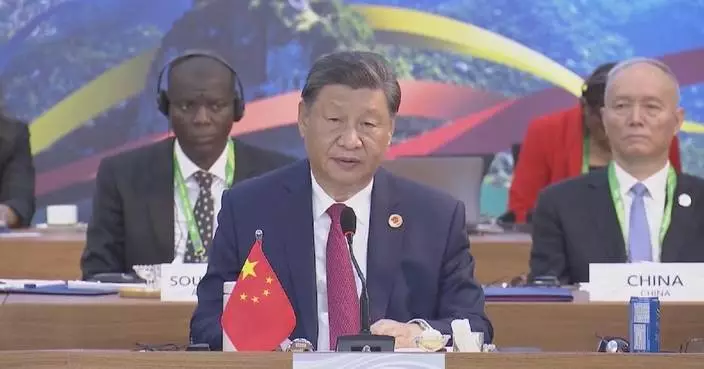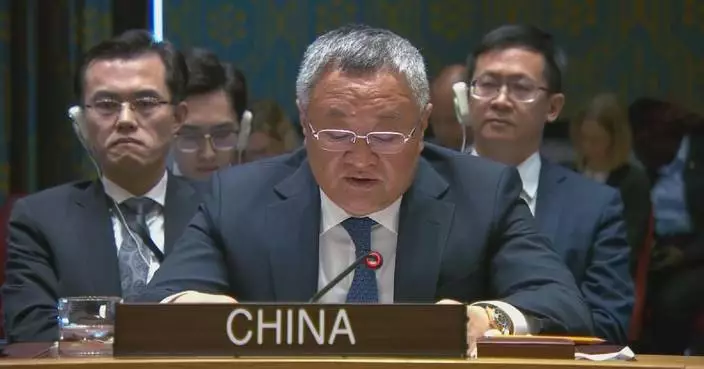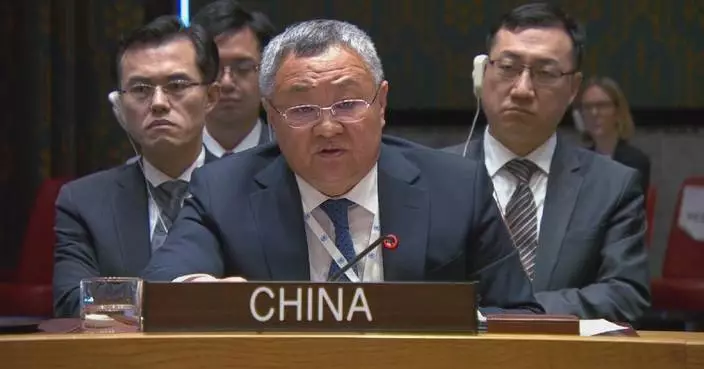Sudan's paramilitary Rapid Support Forces (RFS) is ready for a ceasefire to end the ongoing conflict that has worsened the humanitarian crisis in the country, senior officials of the faction said at a news briefing in Nairobi, capital of Kenya, on Monday.
Omer Hamdan Ahmed, head of the RSF delegation, said the paramilitary force, which has been engaged in fierce fighting with the Sudanese Armed Forces (SAF) since April 2023, has reaffirmed its willingness for peace and a return to civilian rule.
Ahmed said the move is to ensure humanitarian aid access to all parts of Sudan.
He also accused the Sudanese Armed Forces of not being serious about working out a peaceful solution to the conflict, saying they are responsible for the failure of the negotiations.
So far, there has been no immediate response from the Sudanese Armed forces to the talks.
The warring parties have previously held several rounds of ceasefire talks, but all failed to achieve a ceasefire.
Sudan has been engulfed in a devastating conflict between the Sudanese Armed Forces and the RSF since mid-April 2023. The deadly conflict has resulted in over 24,850 deaths and displaced more than 14 million people, according to estimates by international organizations.

Sudan's Rapid Support Forces says ready for restarting peace talks

Sudan's Rapid Support Forces says ready for restarting peace talks

Sudan's Rapid Support Forces says ready for restarting peace talks
China and Germany should join forces to confront urgent global economic challenges, such as fragmentation and protectionism, said a German financial expert on Monday at the 10th China Day event within the framework of the 27th Euro Finance Week in Frankfurt.
The Euro Finance Week, one of Europe's largest platform for the financial industry, is held annually in November, with the China Day specifically focused on exploring cooperation opportunities in finance, economy and trade between China and Europe, Germany in particular.
Sabine Mauderer, vice president of Deutsche Bundesbank, warned against protectionism, saying it hinders growth and is especially harmful during a time when the global economy is already suffering from supply chain disruptions.
"A fragmentation of the global economy has no wins. We all know that protectionism typically leads to a decline in growth," she stressed.
Mauderer pointed out that while companies in China and Germany are both business partners and competitors, it is essential for the two sides to find a way to ensure that competition remains fair and mutually beneficial.
Mauderer also emphasized that low interest rates can only provide short-term support for economic recovery, while technological innovation and the promotion of digitalization are the long-term drivers of global economic growth.
At Euro Finance Week, the Frankfurt Branch of Bank of China won a special award for its outstanding contributions to the financial hub Frankfurt and its excellent Renminbi services in Germany.
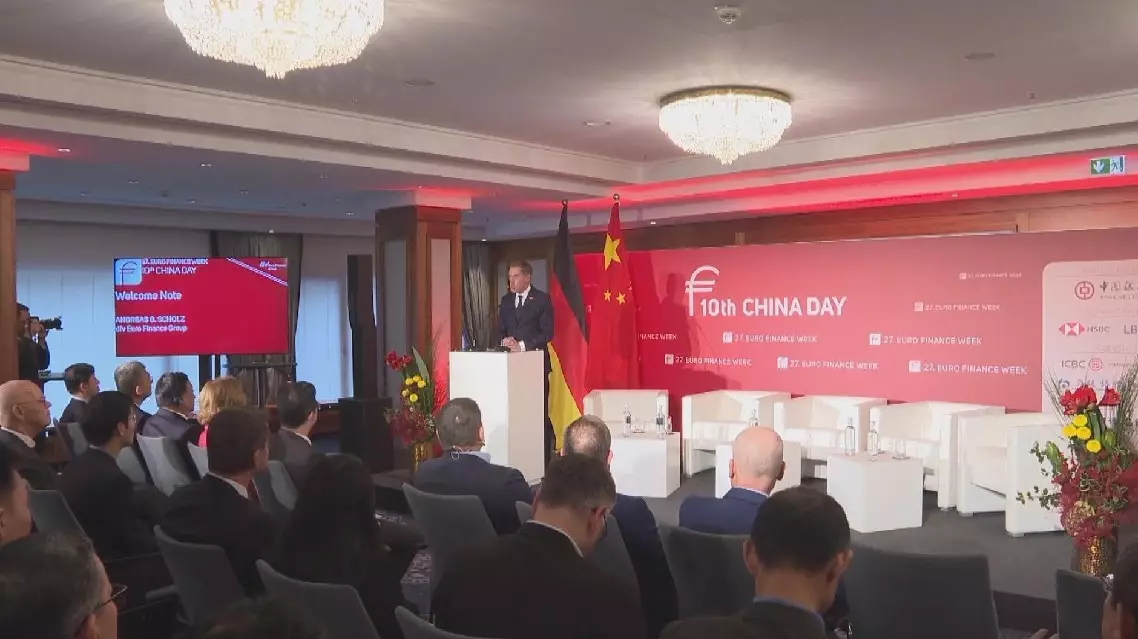
Financial expert calls for China-Germany cooperation, warns against protectionism








